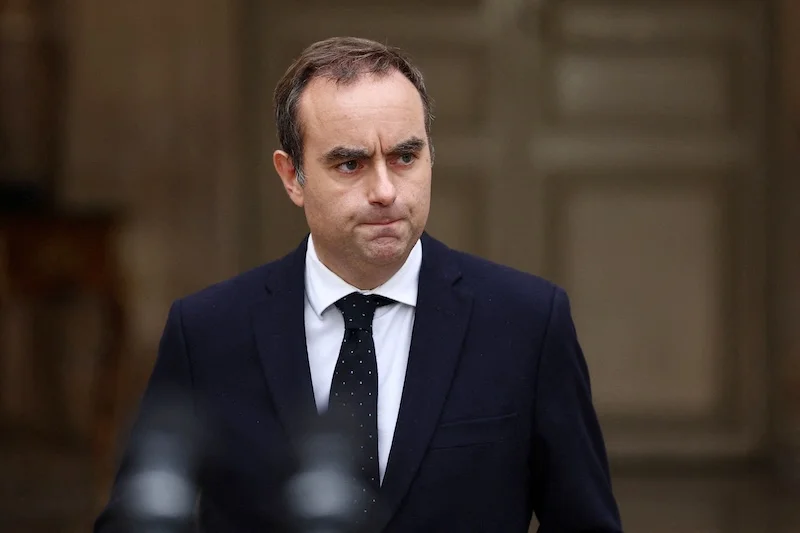France’s political landscape suffered a major jolt when Prime Minister Sébastien Lecornu stepped down mere hours after unveiling his cabinet.
This abrupt move, occurring less than a month into his tenure, has intensified the nation’s ongoing governance turmoil.
President Emmanuel Macron’s office confirmed the resignation on Monday, noting that Lecornu succeeded François Bayrou as the country’s fourth premier in under 12 months.
The swift change underscores the instability plaguing French executive roles.
Blame Game and Calls for Unity
During his farewell address, Lecornu pointed to clashing ambitions among politicians as the root cause. He urged greater selflessness and humility, insisting that national interests should trump partisan agendas.
Speaking to journalists outside Paris’s Hôtel Matignon just before his initial council session, Lecornu remarked,
“A small shift in priorities could make it viable, prioritizing the greater good over individual gains and embracing modesty. The nation must always come first.”
Opposition Seizes the Moment
Rivals wasted no time exploiting the development. Leaders from the far-right National Rally demanded either fresh legislative polls or Macron’s own exit.
Party head Marine Le Pen questioned the president’s refusal to dissolve parliament, declaring, “We’ve hit a dead end. Polling the public is the sole sensible path forward.”
Echoing this sentiment, the far-left France Unbowed faction echoed demands for Macron to leave office, highlighting widespread discontent across the ideological divide.
Market Jitters and Ministerial Limbo
The news triggered immediate economic ripples, with the CAC-40 benchmark dropping almost 2% below its prior Friday levels as markets reacted to the uncertainty.
Freshly named officials faced an odd predicament: thrust into interim roles to handle routine operations pending a successor team, even as some awaited official swearing-in.
Ecology appointee Agnès Pannier-Runacher vented her frustration online, lamenting the “absurd spectacle” unfolding.
Critics lambasted Lecornu’s lineup, especially reinstating ex-Finance chief Bruno Le Maire at defense. Detractors argued his prior stewardship correlated with ballooning fiscal shortfalls.
Looming Budget Battle and Debt Burden
Lecornu’s core mandate involved steering through a fiscal overhaul amid soaring liabilities. By Q1 2025, national borrowings reached €3.346 trillion (about $3.9 trillion), equating to 114% of economic output. Repayments alone devour roughly 7% of annual expenditures, straining resources further.
Core roles saw minimal shifts: Bruno Retailleau retained oversight of law enforcement and domestic safety, Jean-Noël Barrot held foreign affairs, and Gérald Darmanin maintained judicial leadership.
Roots in Legislative Chaos
Turbulence traces back to Macron’s prior-year gamble on early assembly votes, yielding a splintered house.
Extremist blocs command more than 320 benches, dwarfing the 210 occupied by moderates and their right-leaning partners.
In a bid for broad accord, Lecornu engaged diverse factions and labor groups prior to his selections. He pledged against wielding emergency decrees to bypass votes, unlike recent predecessors, opting instead for cross-aisle negotiations on spending plans.
Path Forward Uncertain
This episode amplifies France’s governance fractures, testing Macron’s navigation skills amid economic pressures and polarized voices.
As stakeholders regroup, the quest for steady leadership persists in a fractured republic.




















